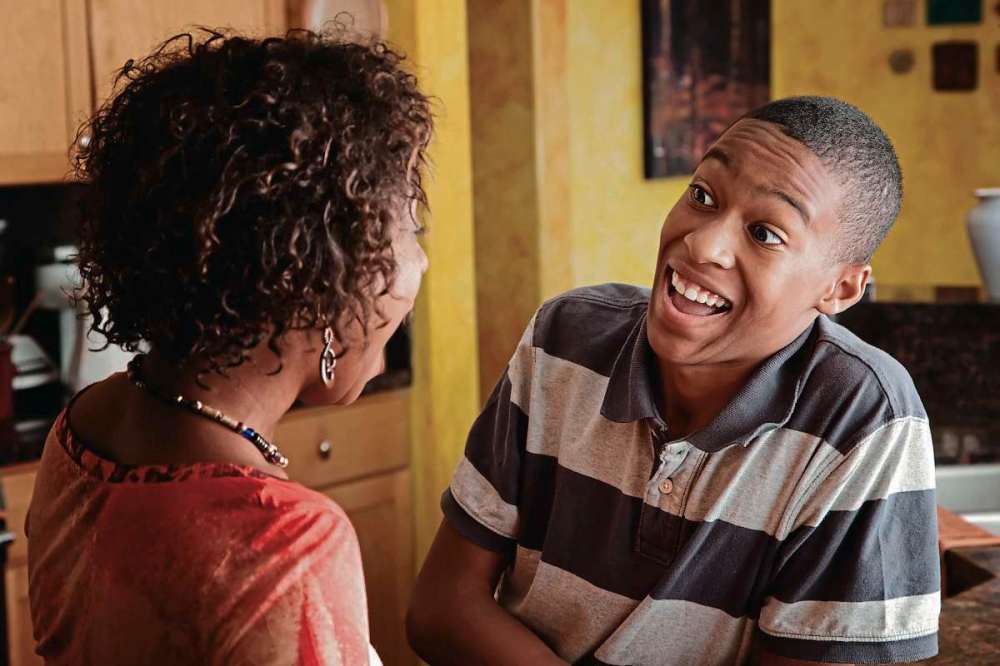Help young adults direct their learning
Advertisement
Hey there, time traveller!
This article was published 11/09/2017 (3031 days ago), so information in it may no longer be current.
Adults are self-directed learners. Learning development experts have been reminding us for decades that the vast majority of what adults learn — as much as 70 per cent — is self-directed.
Parents influence learning, as do friends, managers, team members and, of course, other people with special expertise.
If you are an educator, you are in the five per cent of the population that influences learning. Talk about pressure — our young adults spend much of their waking time with you.
One of our sons gets frequent yet gentle reminders that adults are mostly self-directed learners that, based on choices they make, adults have no one to blame but themselves.

What our young adults decide to learn and apply in their lives is all up to them. So, if our young adult children are in control of all they learn, how do we as parents — who can influence learning — do just that?
I read a fascinating article just recently by Pat McLagan, who has spent the better part of 30 years studying this topic.
She suggests we do a number of things differently, but one that stood out for me is built on the fact that everything is changing around learners… that learning is the main process for dealing with this change and that it, too, must change.
Below is how I unpacked this and apply not only to my own young adults but to the adult learners with whom I work:
1. Have mini-conversations about a specific topic vs. committing them to sitting and talking for an hour;
2. Look for learning opportunities or mini coaching moments. These help make No. 1 work;
3. Approach important topics like Google. Rather than beating a topic to death, ask your young adult for their insights and for suggestions on related topics;
4. Approach your young adult from a casual angle. This helps lower their guard as they are made to feel in control — which they are;
5. Use the Netflix approach — share information with them by saying “Because you said you were interested in this, I found this…”
We are social creatures and we learn best when the strategies used to teach us are socially oriented and interactive. Then we are 100 per cent in charge of what we choose to learn.
Phyllis Reid-Jarvis is a director and executive coach at Ultimate Potentials. Contact her at living@ultimatepotentials.com




